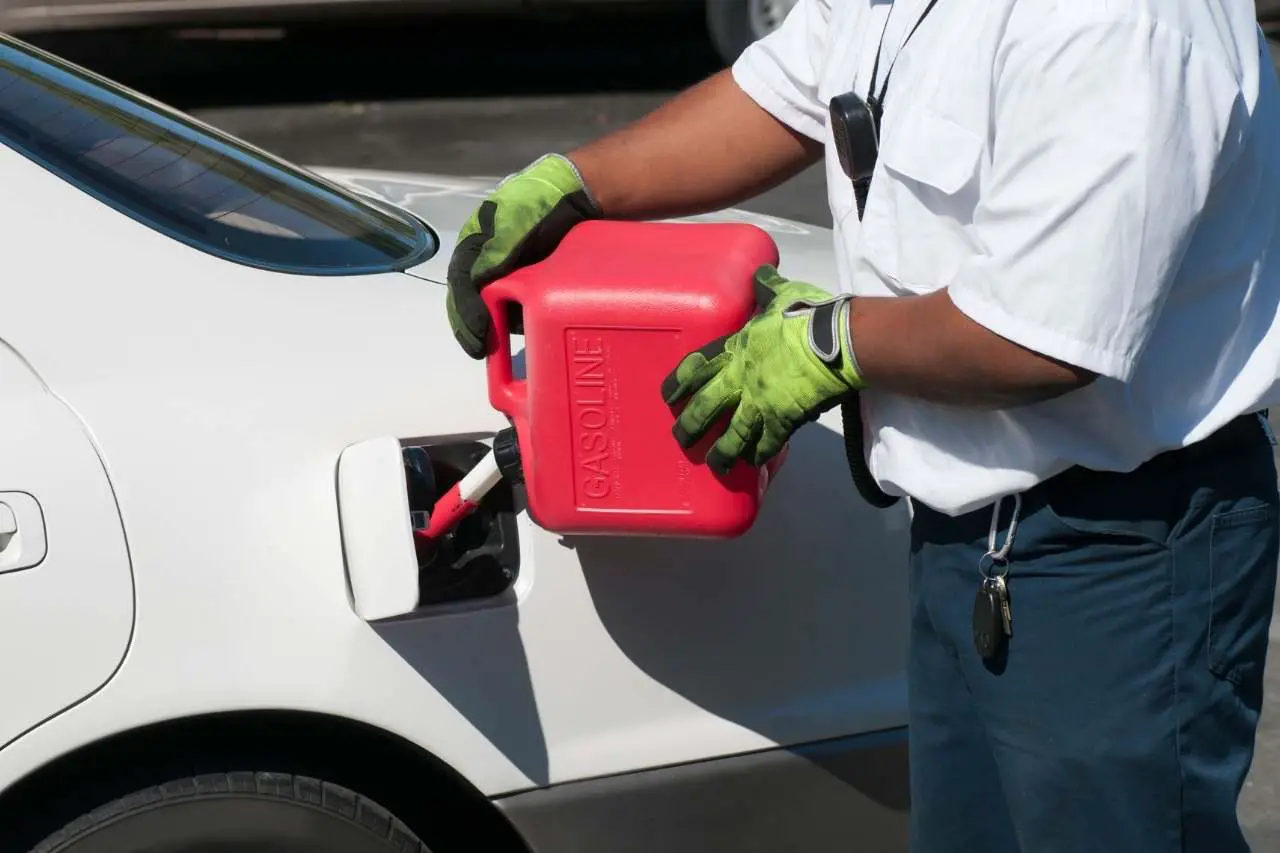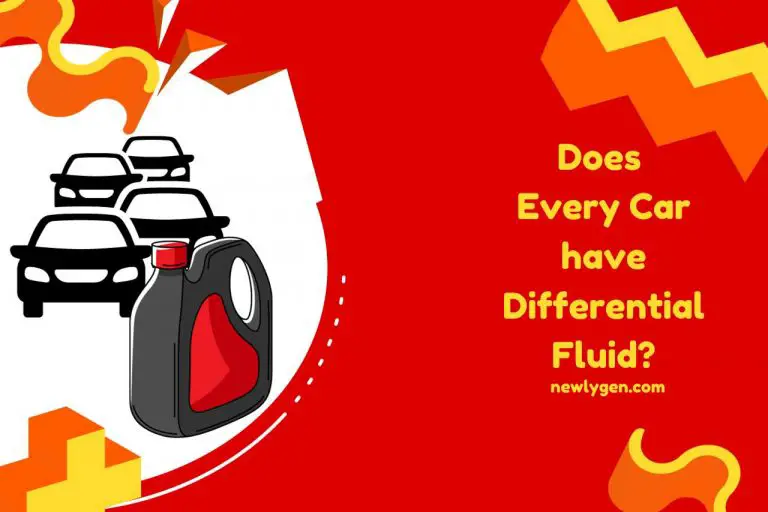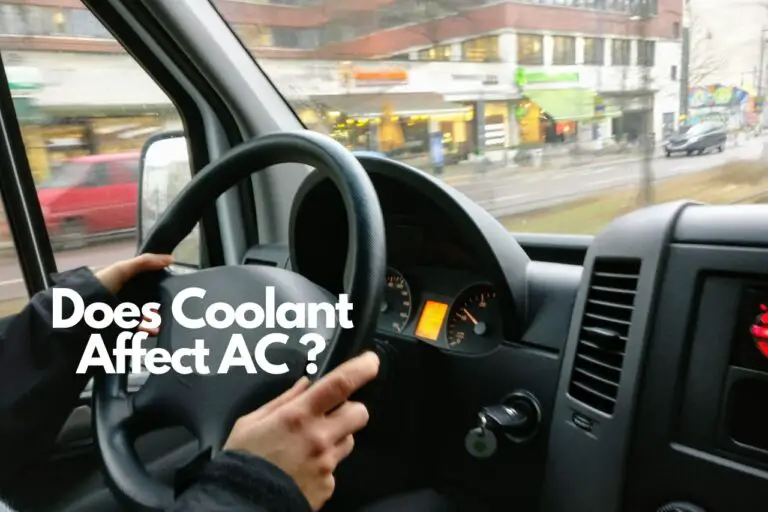How Many Miles Is 1 Gallon Of Gas [How To Improve Fuel Efficiency]
Your exact gas economy, assessed in (mpg), might differ from the figures provided by your supplier. That’s since, among other things, the state of your car and your traffic conditions would determine how many miles you’ll receive once you load up. Given the growing cost of petrol and the development of new automotive technology, it’s critical to know how much your gas-powered car is charging you. It prompted you to question how further you can travel for the least amount of cash and how many miles is 1 gallon of gas.
However, this isn’t that difficult to discover and only requires a few easy math. This guide will discuss the elements that influence a vehicle’s gasoline economy and how to enhance it.
Read more about the gasoline consumption estimate…
Better gasoline economy lowers the expense of administration for your utilized vehicle or truck since you invest lesser money on fuel. You may conserve even more dollars by purchasing a higher fuel-efficient automobile. Using less fuel minimizes your carbon output, reducing your influence on global temperature rise by releasing less CO2 into the environment.
You can reduce our reliance on fossil resources. The unrefined oil gets transported to the petroleum refining and converted into gasoline for automobiles. Using fuel properly extends the life of your car. Electrical plug-in automobiles might ultimately be less expensive than internal burning automobiles. Let’s look at how many miles is 1 gallon of gas.
How Many Miles Is 1 Gallon Of Gas?
It’s fair to anticipate that 1 gallon of fuel will get you approximately 20 and 30 miles under most conditions. But, travelling on emptiness is not suggested, and you must prevent allowing your fuel capacity to go underneath a 1⁄4 of a tank.
The word “gas mileage” relates to how far an automobile could go on a single gallon of fuel. If you drive a fuel-efficient automobile, you will get better gas mileage than if you drive gas-guzzling cars.
Additionally, an automobile that might only obtain ten mpg in a congested urban location may have better gas mileage on the interstate or expressway.
How To Calculate Gasoline Mileage?
You’ll require to conduct some calculations to find out your gasoline mileage.
To begin, calculate how many miles you have gone on the journey. For instance, suppose you went 1000 miles. You would then require to understand how many gallons of fuel were consumed by the automobile to go those miles.
Assume you preserved your gasoline invoices and tallied the number of gallons of gasoline consumed at every station. The figure is 50 gallons of gasoline.
That will imply that you drove 1000 miles on Fifty gallons of petrol. To calculate the gasoline mileage, you must first know how many miles you went per gallon of gasoline. You’d need to multiply 1000 miles by 49 gallons of petrol. That will represent 20 miles driven for each gallon of gasoline consumed.
Factors Affecting Fuel Efficiency
The typical fuel efficiency of a contemporary car or pickup is roughly 25 mpg. However, various intrinsic elements could have an impact on a car’s fuel economy, notably the following:
- The oil in your powertrain affects resistance and can reduce your gasoline mileage by approximately 12%.
- Automobile performance could be affected by upkeep, decreasing, or boosting gasoline mileage. A blocked air filtering, for instance, increases fuel usage.
- Tire or aligning difficulties can put undue strain on your automobile and reduce fuel performance. A correctly oriented vehicle with pressurized tires would get higher gasoline mileage than a vehicle with worn-out tires.
Driving such as accelerating fast, speeding, hauling a trailer, or travelling in the incorrect gear all impact fuel consumption. Idling in the wintertime also consumes a lot of gasoline.
The travelling atmosphere also influences the fuel efficiency of your car. Driving over hillsides and steep terrain and roadway and climate circumstances such as severe winds or precipitation may squander or conserve petrol.
Tips To Improve Fuel Efficiency
Apart from how many miles is 1 gallon of gas is, let’s talk about fuel efficiency. You may boost the gas economy of your utilized automobile or pickup by doing the following easy things:
- Prevent excessive acceleration or rushing. Keep as close to the speed restriction as feasible and prevent rapid accelerating. If you wish to conserve money on petrol, slow, consistent acceleration is the approach to proceed.
- Using cruise mode while driving on an expressway on reasonably level terrain could increase gasoline efficiency by 14%.
- Each tire slightly deflated by ten psi affects fuel efficiency by approximately 3.3 %. If all four tires do this, your gasoline economy may drop by 10%. At least monthly, test the pressure on your tires. Inflate the tires to the psi specified in your vehicle’s holder’s manual.
- Except if the owner’s handbook advises utilizing a specific octane grade for gasoline, high-octane gasoline does not assist your car under normal driving circumstances. It’s usually true for high-end automobiles. High-octane gasoline could help you conserve money on gasoline while you’re hauling, hauling big weights, or travelling in warm temperatures.
- Because of its capacity to keep a constant speed, cruise mode could assist you in becoming more fuel-efficient and conserve an estimate of 7-14 % on petrol. Remember that cruising is usually fuel-efficient when utilized on level, on traffic-free roads, or on hillside ridges.
- Tires that are uneven drag excessively and do not glide as effortlessly as they must. Tires wear out faster and consume more gasoline due to excessive tire wear.
- Change sparking plugs on a consistent schedule. Misfiring sparking plugs could reduce fuel efficiency by approximately 30% since the ignition duration is wrong. If your gasoline mileage unexpectedly drops, a sparking plug seems to cause it.
Bottom Line
The total distance an automobile could go on one gallon of gasoline is its gasoline mileage. The greater the mpg number, the greater or more economical a car is, and the lesser the mpg score, the poorer it would be.
Continue Exploring: More Articles to Keep You Engaged








One Comment